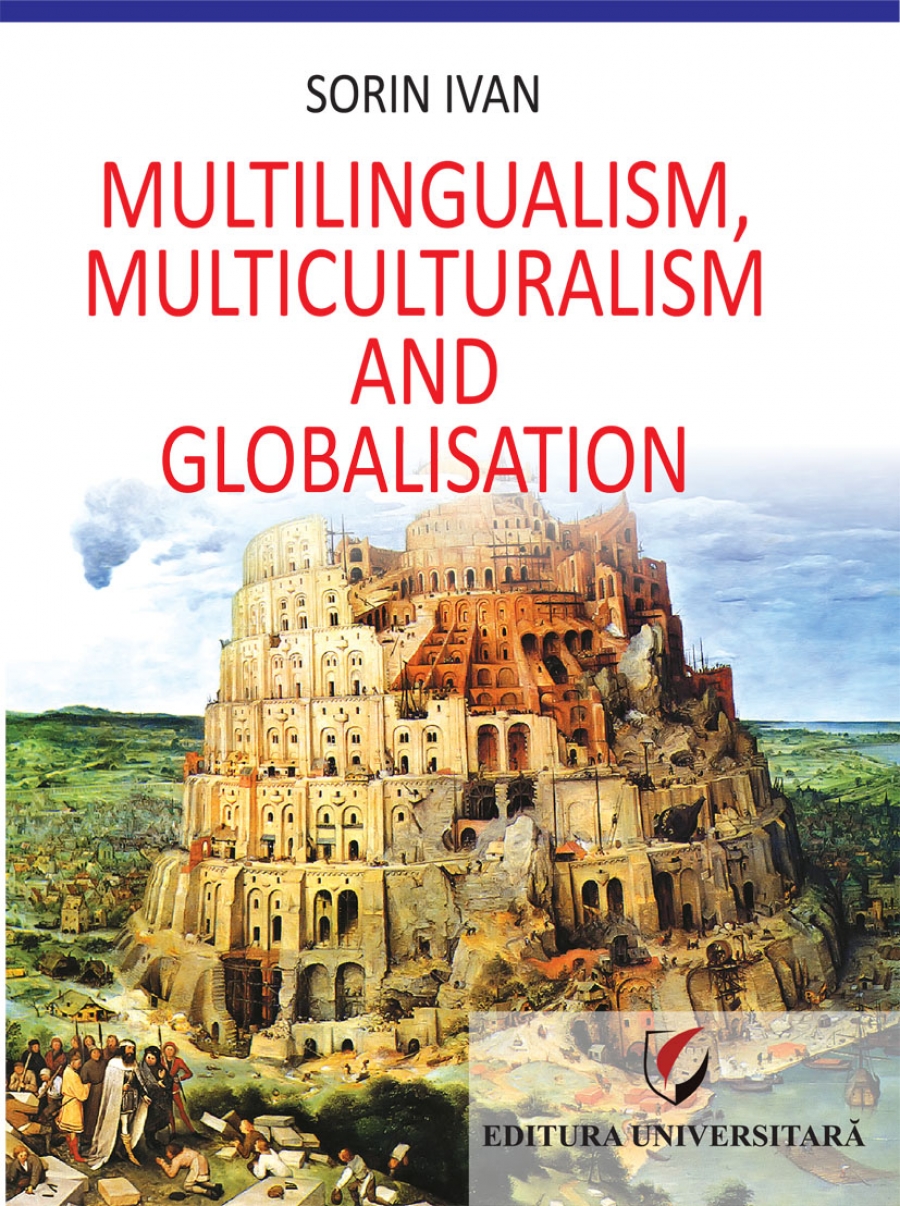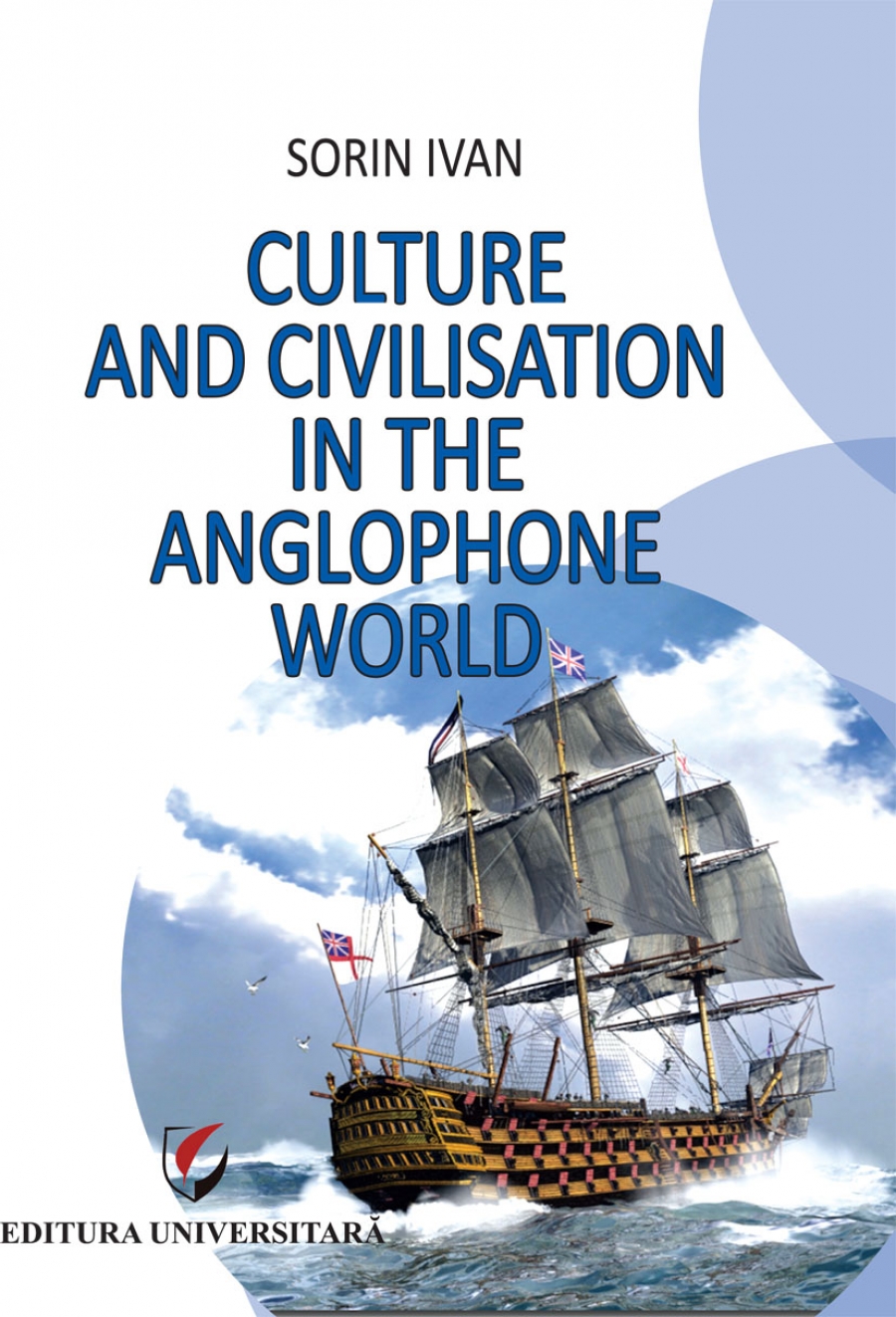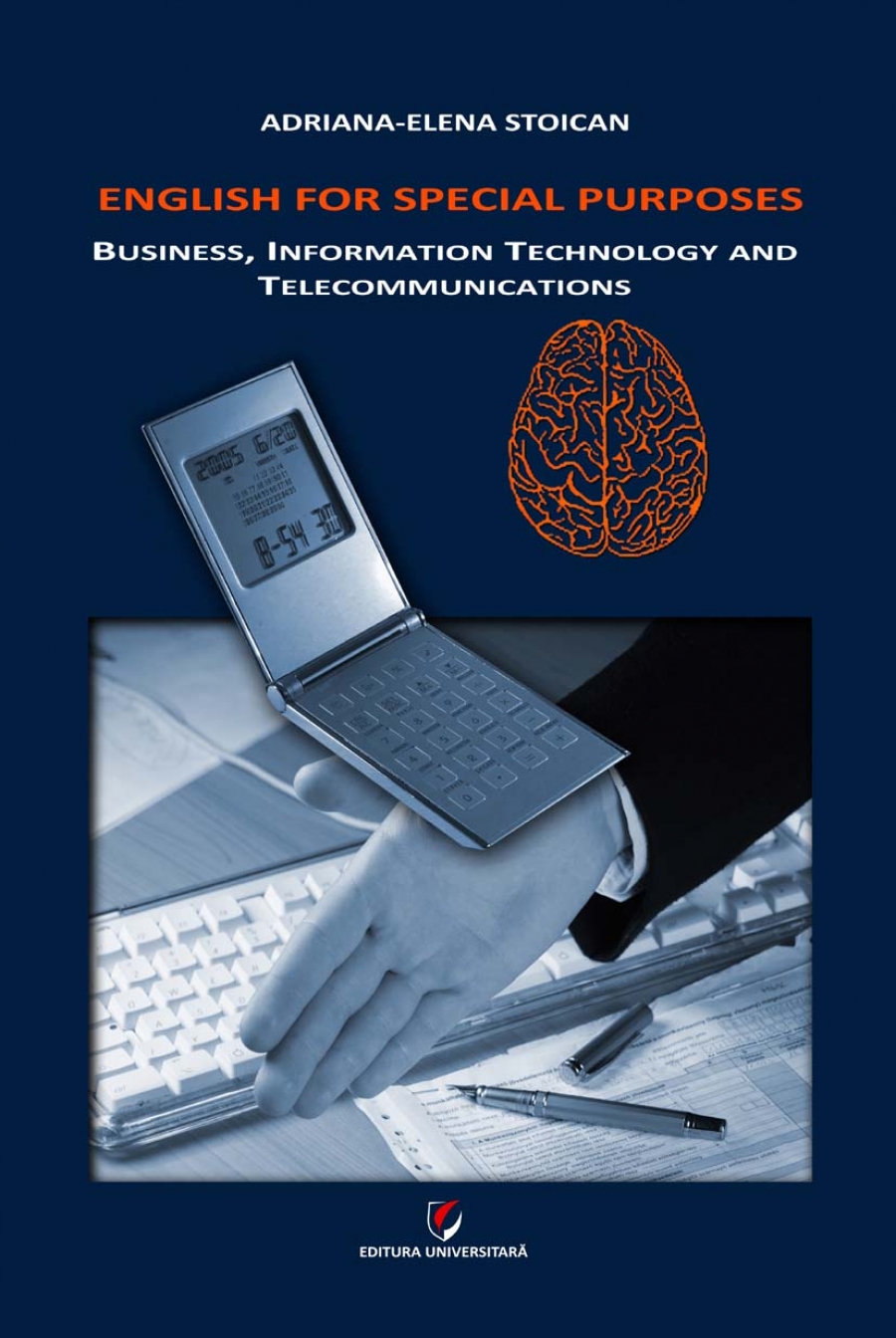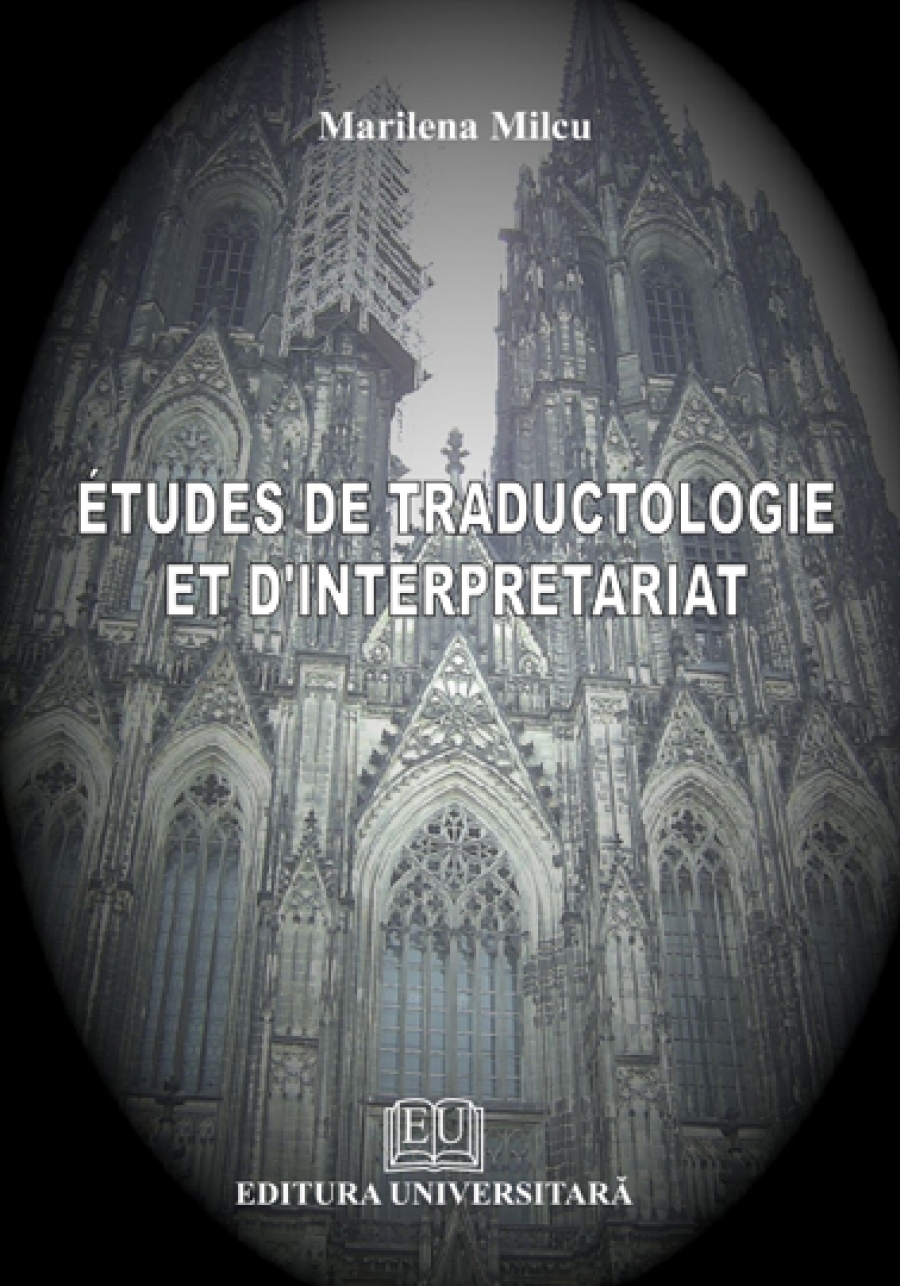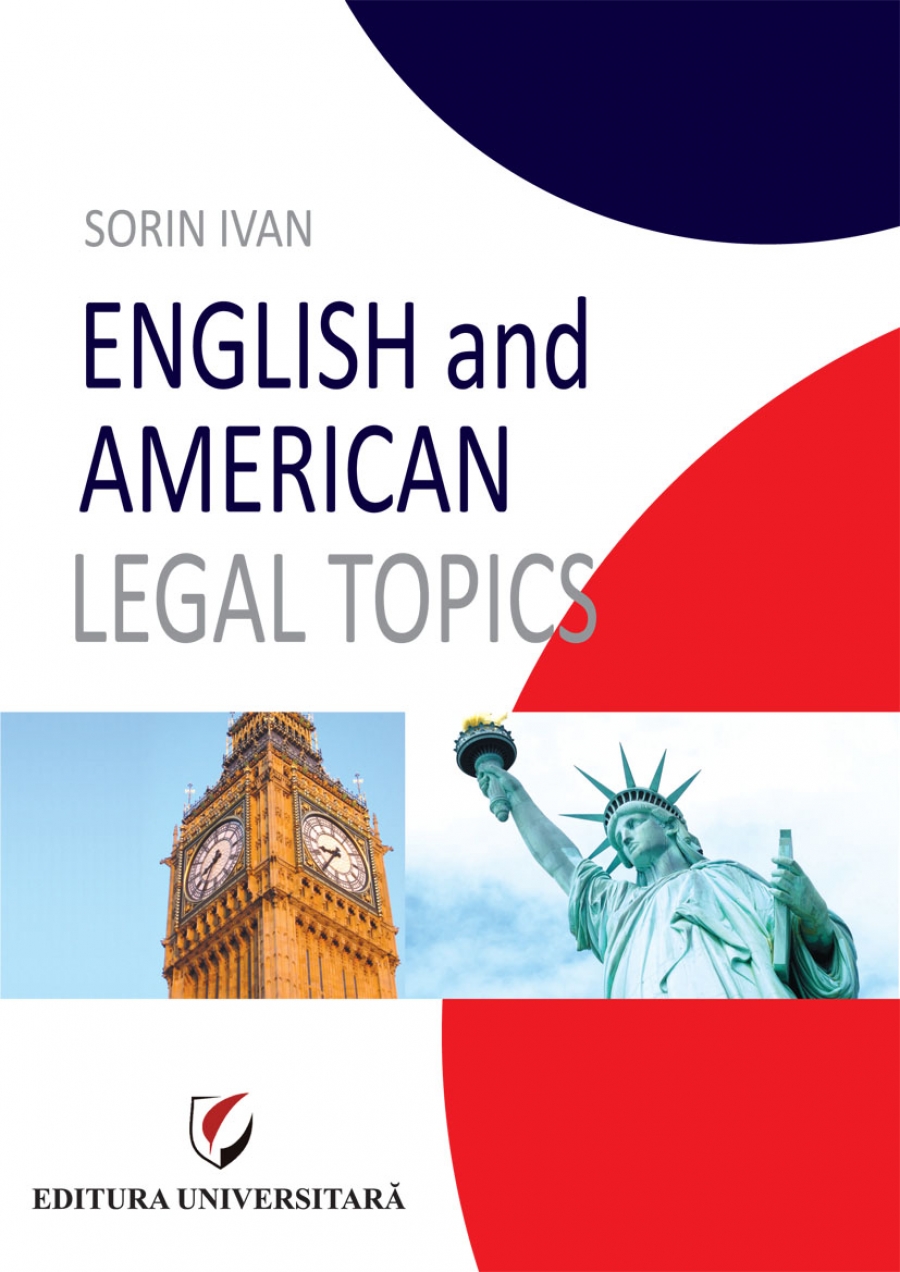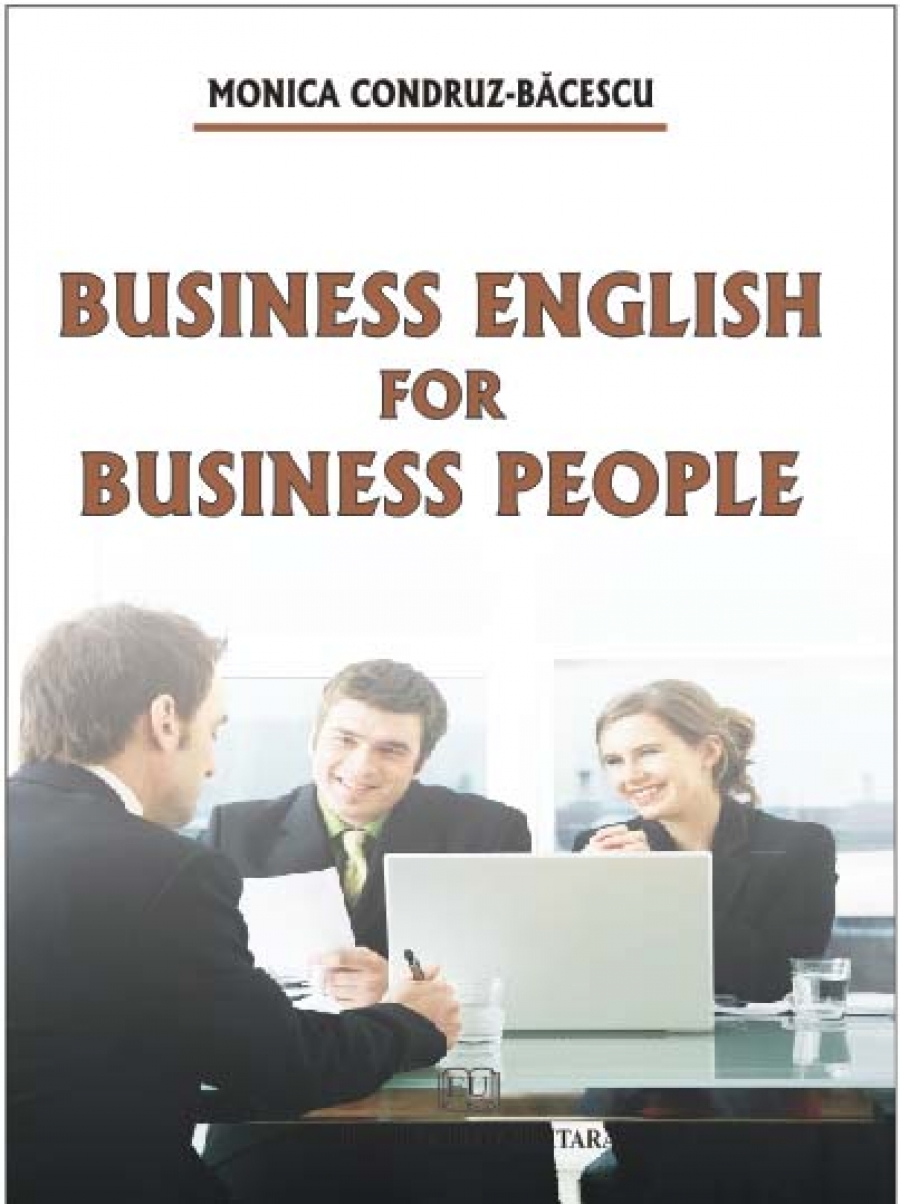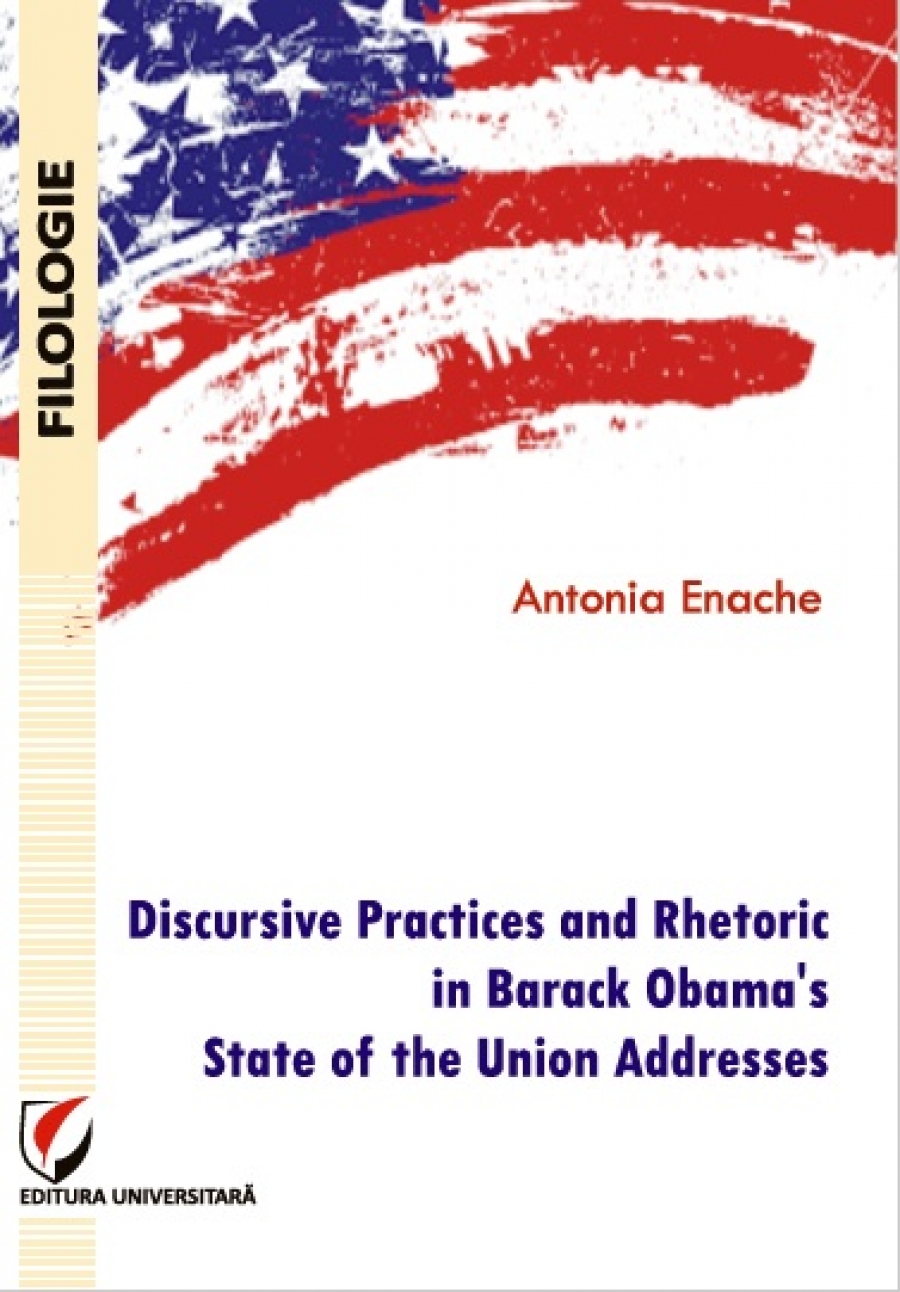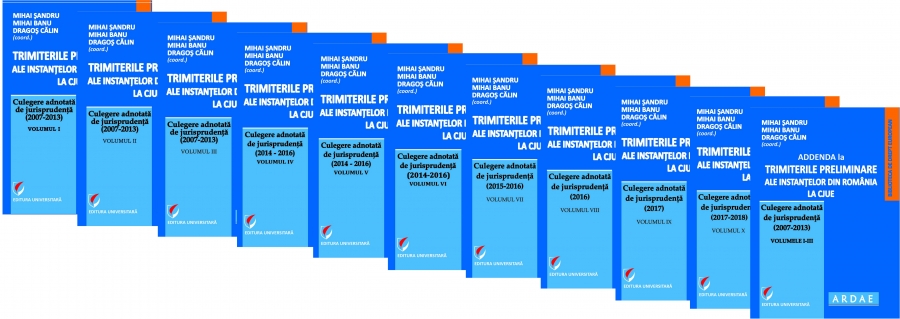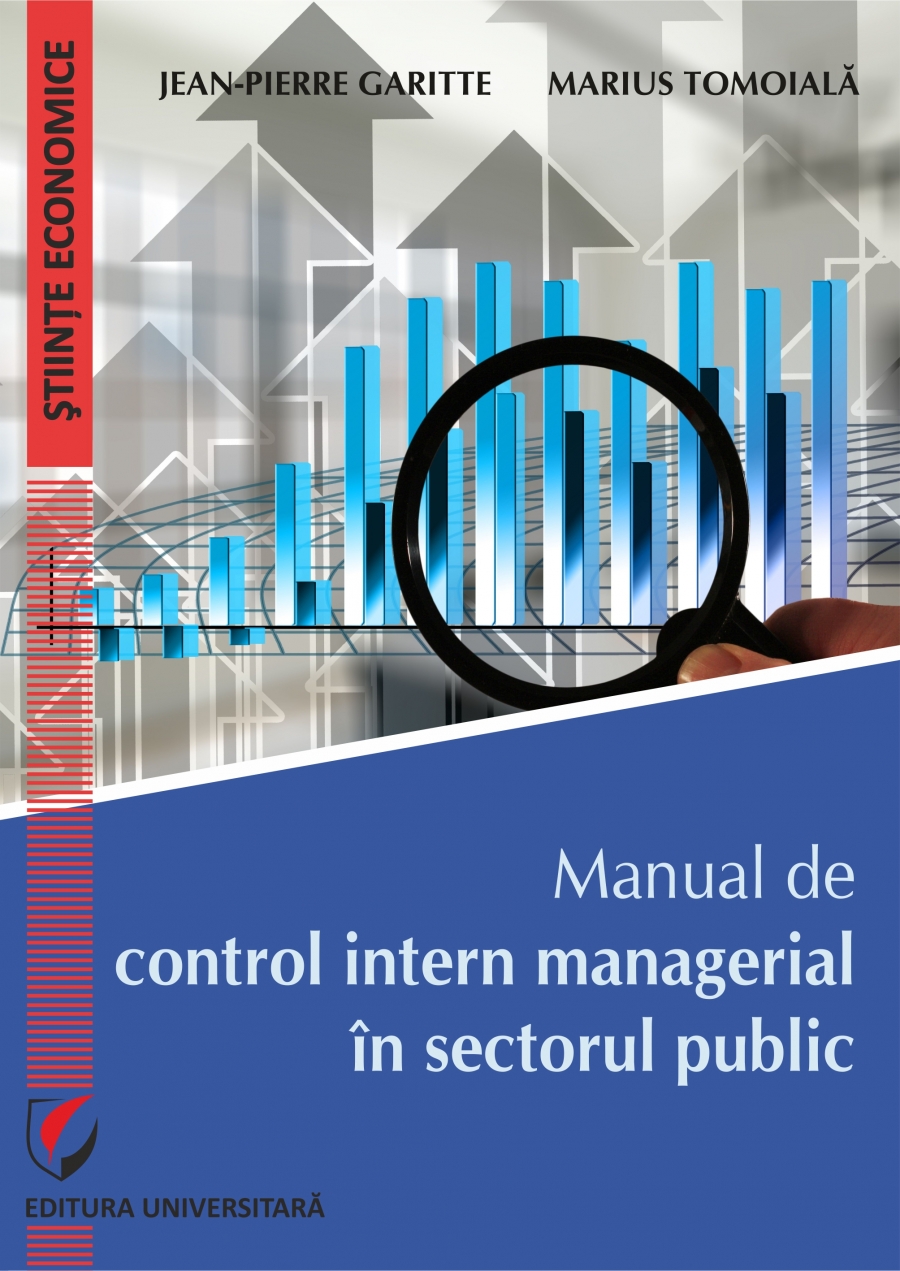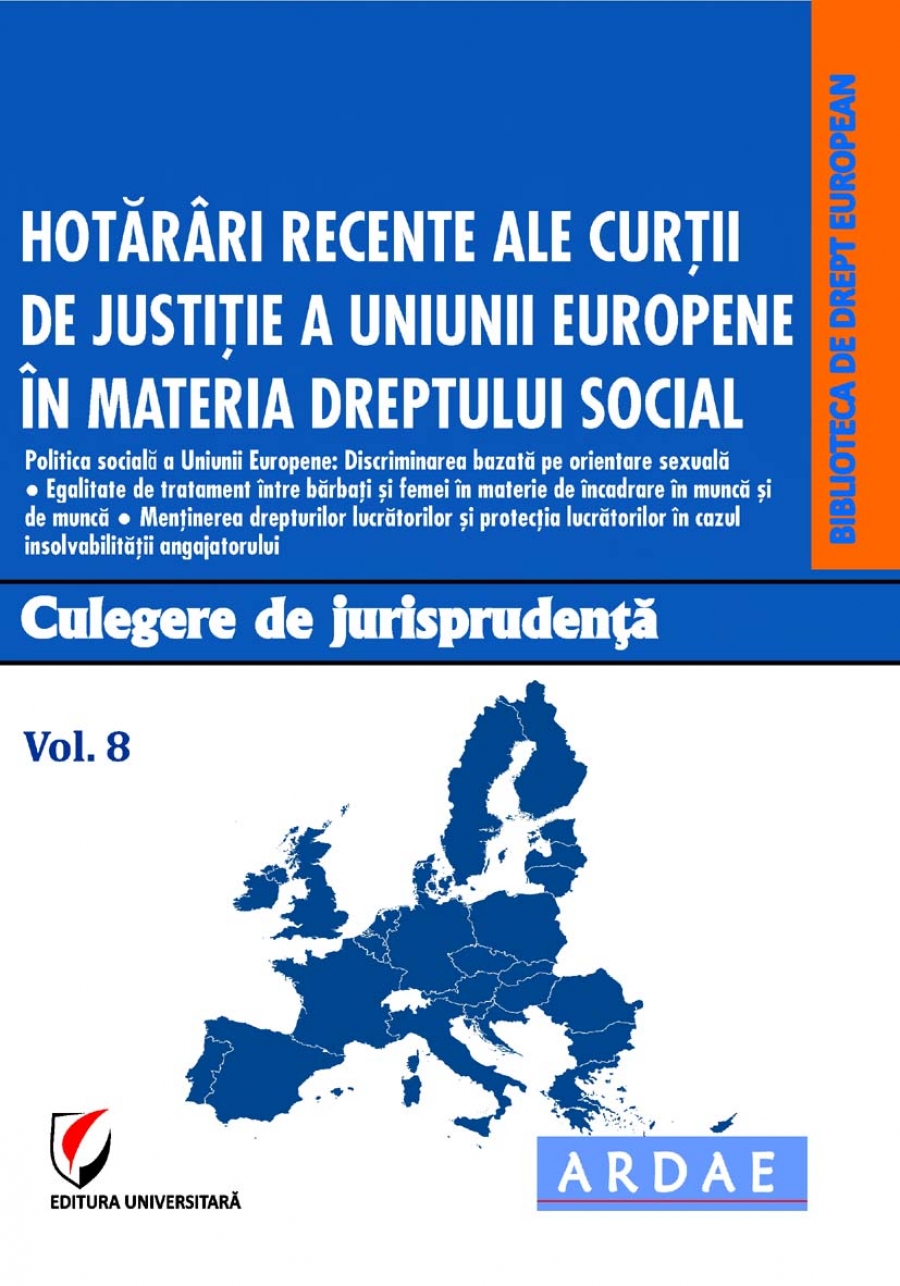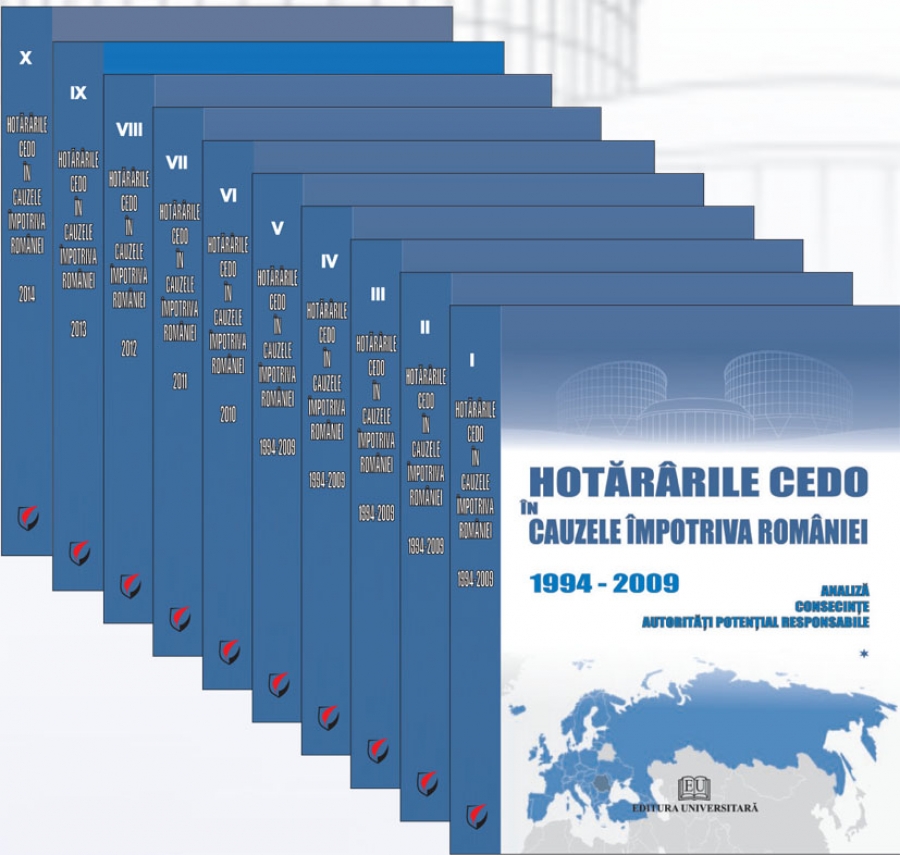MULTILINGUALISM, MULTICULTURALISM AND GLOBALISATION
000 RON
Disponibilitate: stoc epuizat
Acest produs nu este pe stoc momentan.
Mai multe detalii MULTILINGUALISM, MULTICULTURALISM AND GLOBALISATION
We live in a world of diversity in which each country participates through its language, culture and civilisation, through its specific spiritual and material values, i.e. through its own identity on the global stage. This diversity is manifested not only at a global level, but also at the level of states and regions. In these spaces, the coexistence of multiple languages and cultures is a natural phenomenon. Diversity is a source of spiritual and cultural wealth by the fact that many languages and many cultures describe a common framework and space of civilisation. Diversity in today’s world should not be a cause of divergence, but a framework for tolerance and harmony among people. People who speak more than one language and share the values of different cultures and civilisations.
The contemporary world is involved in the process of globalisation, which launches a number of challenges for the states’ identity. That is why “unity in diversity” is the leading principle of the globalised world. Globalisation means or should mean the planetary collaboration of the states with the preservation and affirmation of their identity in a vast global scale polyphonic concert. Another defining principle for the world of today is the
“Alliance of Civilisations”. Everything happens in the framework of a generic concept, the “New Humanism”, trying to put man, his values and ideals at the core of all processes and evolutions.
In this world, a globalised world, of diversity, of languages, cultures and identities, communication is vital. In the context of the linguistic diversity, a common communication instrument is required to transcend the limits and boundaries of the specific differences. This instrument is English. English is the global language of today’s world, the language of
communication and knowledge all over the planet. English makes communication possible in this huge diversity of civilisation. Therefore knowledge of English is a necessity for every citizen of the globalised world.
The Course Multilingualism, Multiculturalism and Globalisation addresses these major issues of today’s changing world and performs an essential image of it. The book has a double academic stake: linguistic and cultural. Essentially, it aims to be a scientific support for the development of communication skills in the English language of the students at a proficient professional communication level. At the same time, it intends to help expand the cultural horizons of its public through these essential topics. It is a vast public, made up of students studying English (or studying in English) in the bachelor’s and master’s programmes, and also of doctoral students, from such specialisations as: Communication and Public Relations, International Relations and European Studies, Political Sciences, Law, Foreign Languages and Literatures, Modern Applied Languages etc. In this thematic framework, the book is meant to be a useful instrument for training in the area of the English language, through cultural topics related to leading principles and processes governing the contemporary civilisation, a complex academic support for those concerned with the values of communication and knowledge in the globalised world of today and tomorrow.
The Author
Cuprinsul cărţii MULTILINGUALISM, MULTICULTURALISM AND GLOBALISATION
English, the Common Language in the Age of Globalisation/5
UNIT 1
Multilingualism/9
UNIT 2
Multiculturalism/47
UNIT 3
Globalisation/97
UNIT 4
Unity in Diversity/141
UNIT 5
English as a Global Language/183
GRAMMAR ESSENTIALS/219
LIST OF IRREGULAR VERBS/252
VOCABULARY/259
BIBLIOGRAPHY/309
Despre autor
Sorin Ivan
Te-ar mai putea interesa şi..
Promoţii
Recomandările editurii
Top vânzări
-
Sistem cibernetic de evaluare şi analiză a stării naţiunii
Economie generala
-
Produse şi servicii bancare
Finante / Banci
-
Anarhismul şi mişcarea politică modernă
Stiinte politice
-
ENGLISH FOR EUROPEAN PUBLIC ADMINISTRATION
Limbi si literaturi straine
-
Sociologie - concepte, norme, fundamente
Sociologie si Stiintele Comunicarii
-
Memomed 2015
Medicina
Citatul zilei
Preceptele dreptului sunt: sa traiesti cinstit, sa nu vatami altuia, sa dai fiecaruia ce i se cuvine
Personalităţi
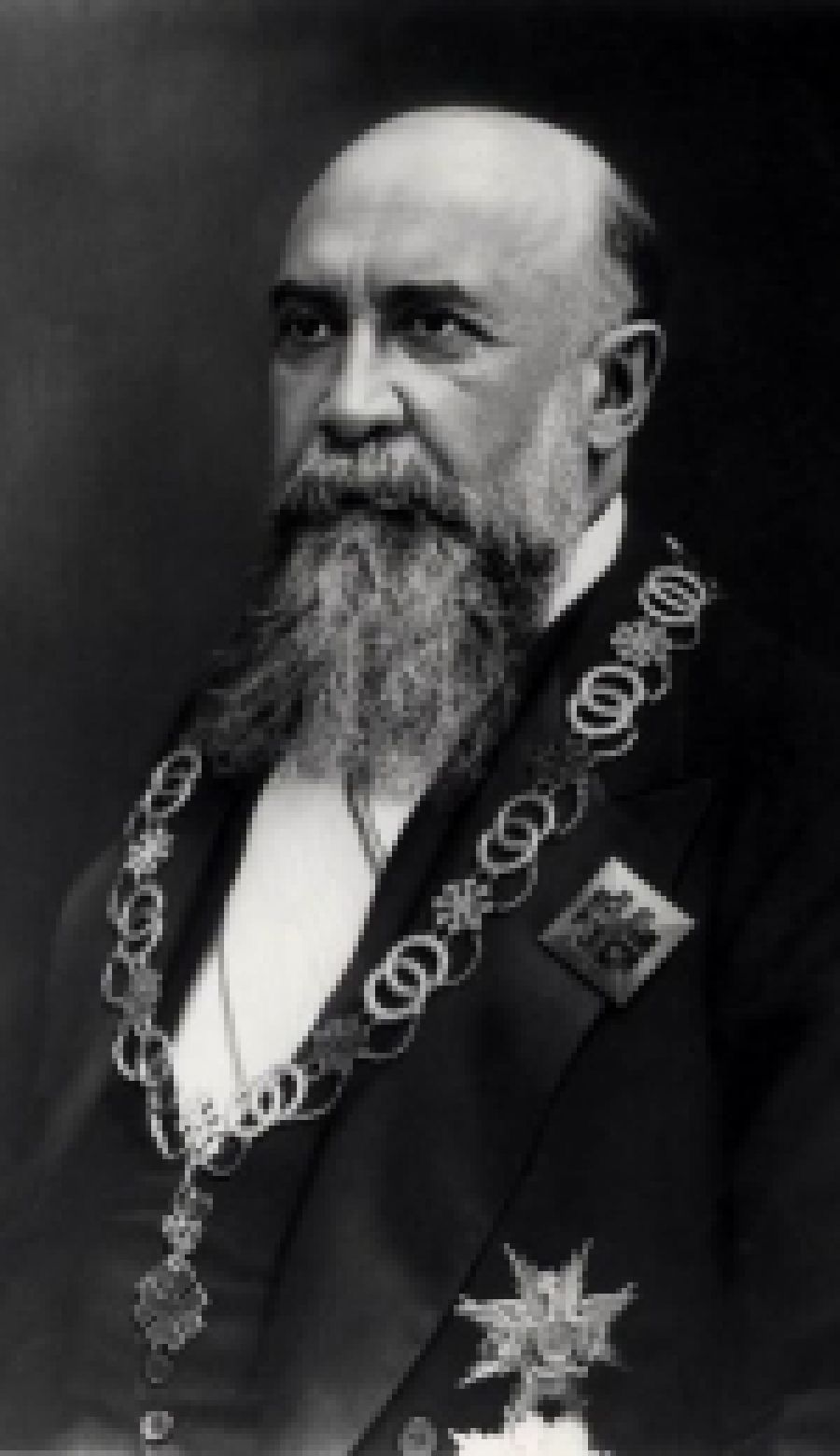 Nicolae Iorga
Nicolae Iorga a fost istoric, critic literar, dramaturg, poet, ministru, prim-minist ...
citeşte mai mult →
Nicolae Iorga
Nicolae Iorga a fost istoric, critic literar, dramaturg, poet, ministru, prim-minist ...
citeşte mai mult →
Interviuri
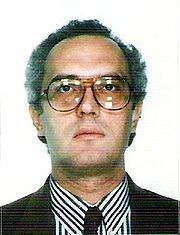 RADU NEGRESCU-SUTU
Radu Negrescu‑Sutu (Soutzo) (n. 28 august 1950, Bucuresti) este u ...
citeşte mai mult →
RADU NEGRESCU-SUTU
Radu Negrescu‑Sutu (Soutzo) (n. 28 august 1950, Bucuresti) este u ...
citeşte mai mult →

